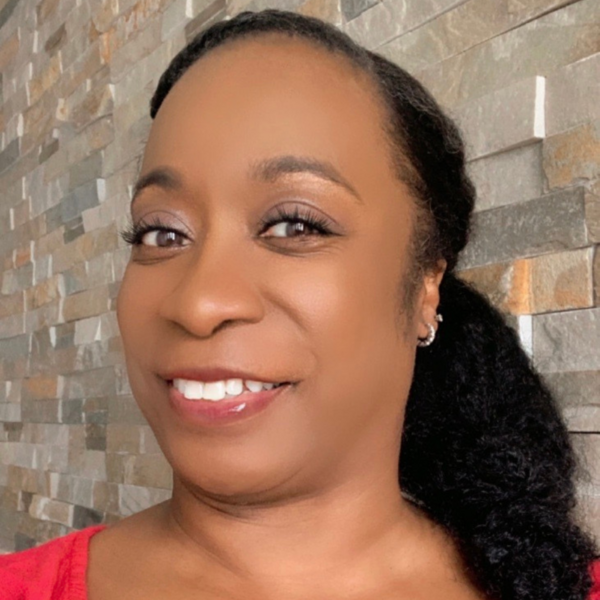Mobile Menu
-
Education
- About Education
- Learner Mistreatment
- Undergraduate Medical Education Program
- Diagnostic Radiology Residency Program
- Neuroradiology Residency Program
- Nuclear Medicine Residency Program
- Pediatric Radiology Residency Program
- Fellowship Programs
- Electives
- Observerships
- Training Verifications
- Continuing Medical Education
- Research
- CPi
- onSIDE
-
CPD
- About CPD
- CPD Committee
- CPD Events
-
Faculty Awards
- Lifetime Achievement Award
- Excellence in Clinical Practice Improvement Award
- Excellence in Faculty Mentorship Award
- Excellence in Trainee Mentorship
- Excellence in Research Award
- Research Rising Star Award
- Master Teacher Award
- Outstanding Teacher - Residency
- Outstanding Teacher - Fellowship
- E.L. Lansdown Teaching Award
- Lisa E. Ehrlich Award
- MentorUofT
- CFD membership program
- Divisions
- Faculty
- About Us
- MI Weekly
